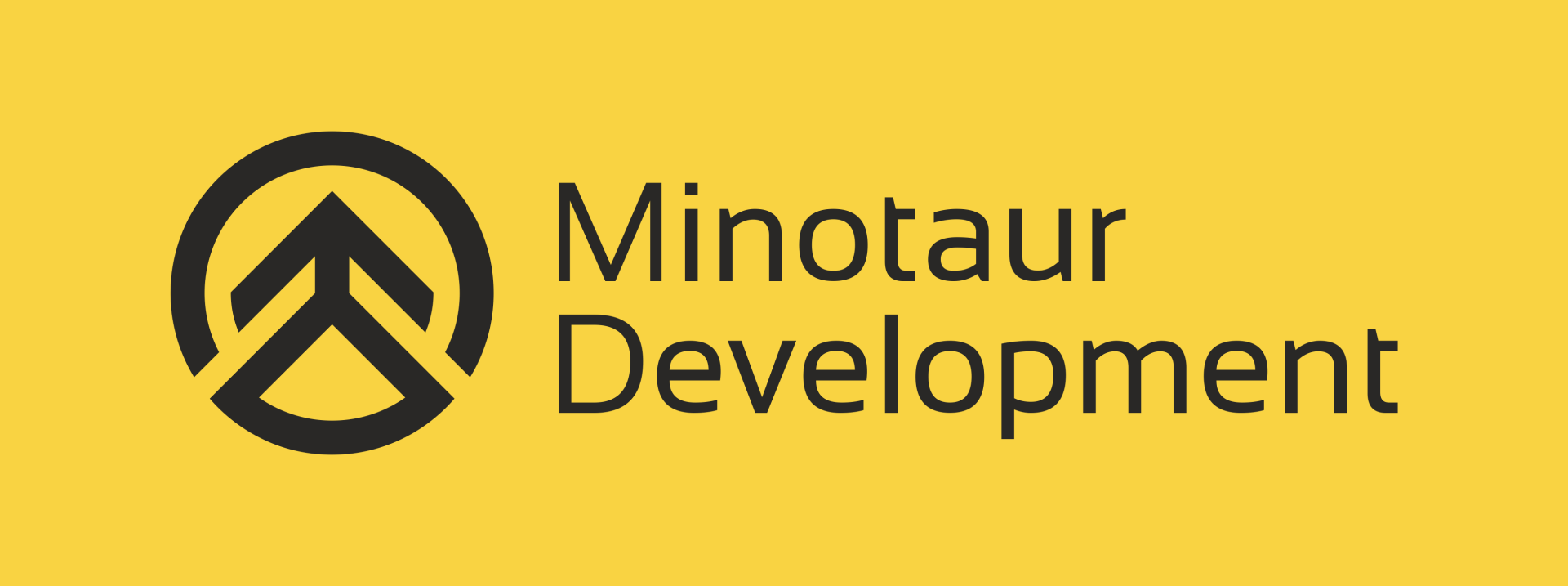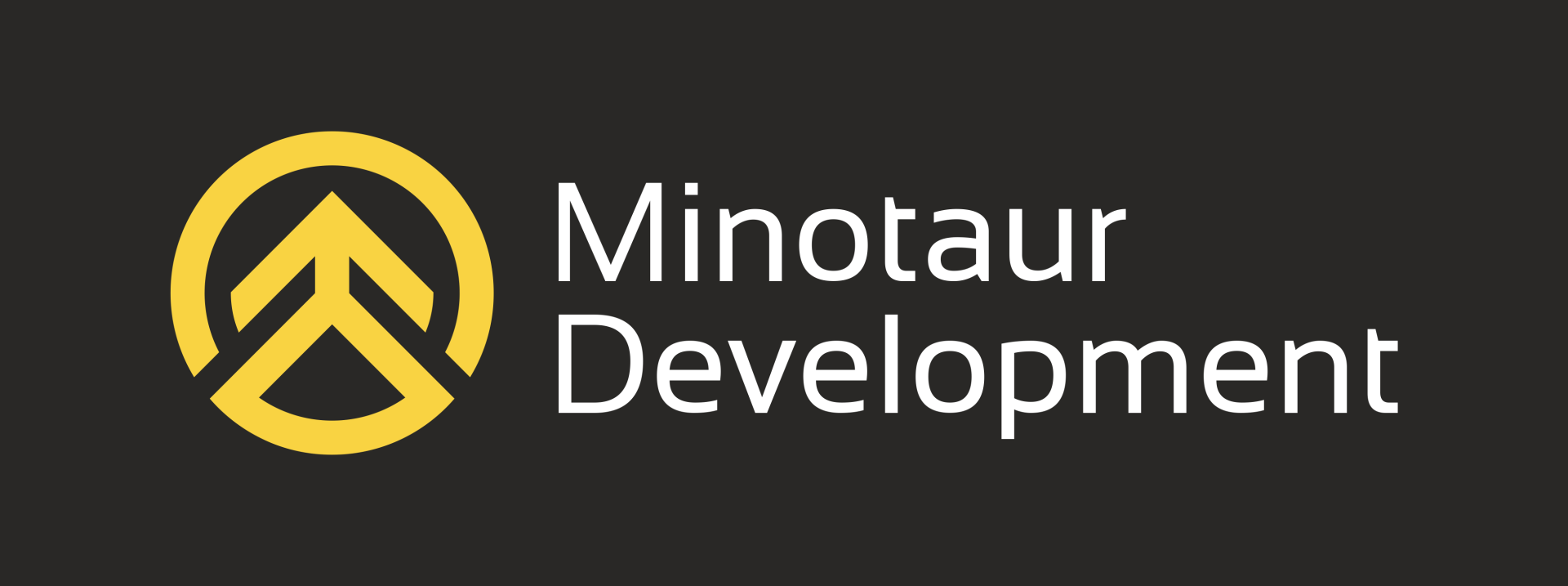Keywords are the terms and phrases that your target audience types into search engines to find information, service, products, or anything that a business provides. It is through these keywords that search engines connect your business to potential customers. Without knowing the right keywords they search for, you will not know how to reach these people strategically.
In this article, we will go over a few tips on how you can improve your SEO and Google ranking.
#1. Use tools when searching for keywords
Brainstorming keywords is a good idea, but it is not the only approach that you can take. Sometimes, the words you think your audience uses are not always accurate. They may also be making queries that have not crossed your mind.
Using keyword tools can help you understand your target audience better. They have real user data to confirm whether the keywords you come up with will improve the ranking of your content. These tools can also help you discover new keywords to use.
#2. Find the right keywords that drive traffic to your website
While keyword tools can help you find keywords that attract high traffic, remember that the information you get from them comes from a general perspective. You still need to adapt this information for it to work well on your website.
If you want keywords that will make your website rank, there is no other better source for it than your website itself. Using an analytics tool, such as Google Analytics, you can check the actual words that your audience uses to get to your site. You can also see which keywords you are already ranking for. From there, you can start building your keyword clusters.
#3. Make smart decisions when choosing keywords
Most website owners choose the keywords with a high search volume for better chances of appearing on people's searches. These keywords are often general, and if you think about it, it is not realistic that everyone searching for general terms will see your specific service or product information. Also, the higher the competition, the fewer chances you have for ranking for that word.
While it is good that you use high-search-volume keywords for your title tags, meta content, URL links, and image alt tags, you are less likely to rank by utilising generic keywords. Adjust your strategy if you do not want to disappoint yourself.
#4. Try using long-tail keywords
If you want to target a more useful set of keywords, try using long-tail keywords. These are the opposite of generic keywords. They are more specific, and they can serve as your remedy for high-competition keywords. Adding a location or a particular service to a generic high-search-volume keyword can do the trick and give you better SEO results in return.
The beauty of long-tail keywords is that they target a more specific audience searching for those phrases. Moreover, these keywords will give people fewer results since not all companies and businesses will use the particular long-tail keywords you use, helping you rank better.
#5. Always double-check with Google
Before using a keyword, whether it be generic or long-tail, remember to double-check it with Google. Type it and see the results that you get. This step will ensure that the content you are planning is aligned with the results that Google actually displays.
Conclusion
Choosing the right keywords is one of the most critical steps for successful search engine optimisation. The keywords you use are what drives people to your website. They act as the link between what the people are searching for and what your content can provide. Finding the most effective keywords to use may take time and research, but the results will be worth it. To make it easier, make sure to follow the tips we provided.
Are you looking for a
top-rated SEO company in Sussex to help you better optimise your website? Minotaur Digital has SEO services from keyword research to targeting and content development. We also have different SEO packages to suit any budget. Contact us today to find the perfect service for your needs.



Keep informed of new articles.
Stay informed of new articles





